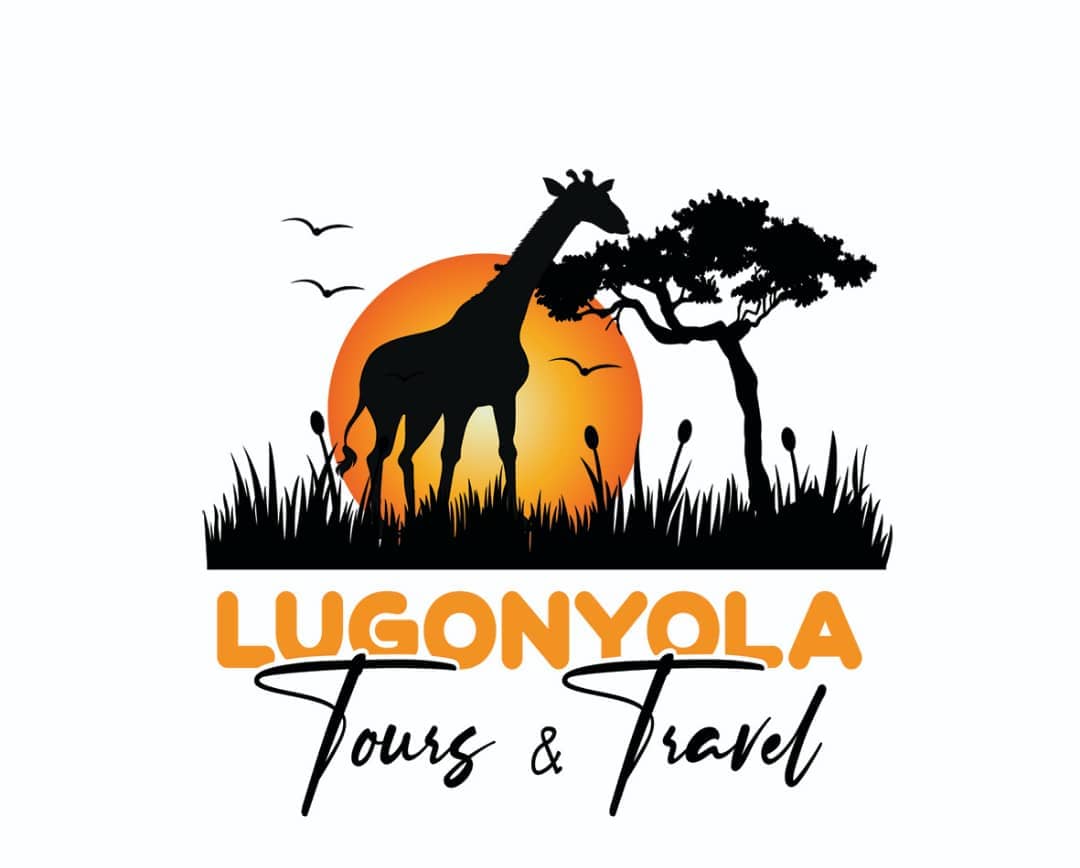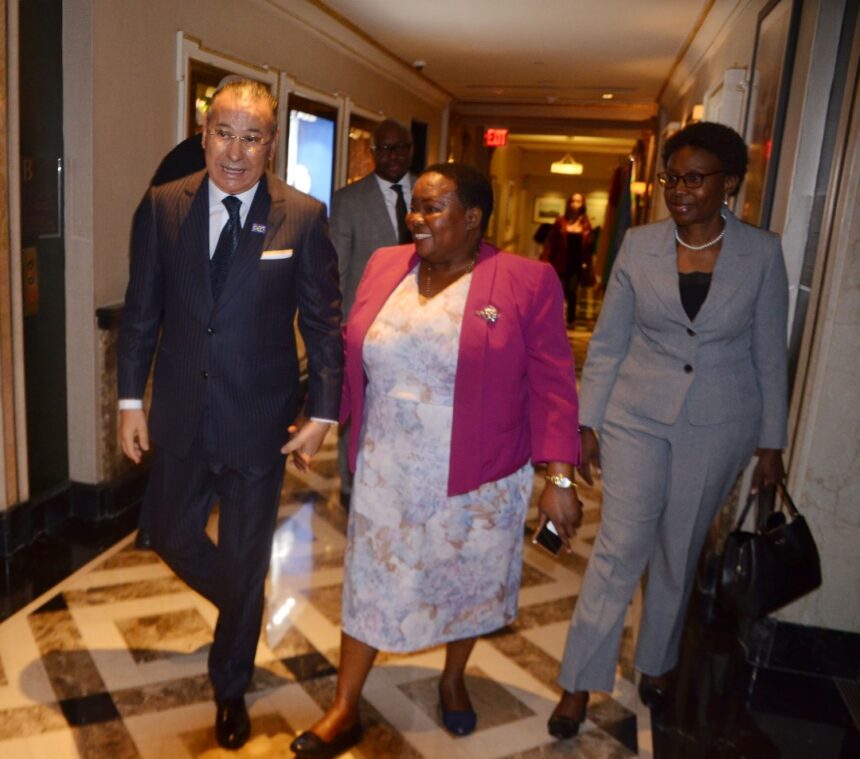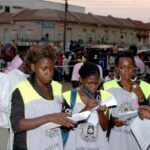African leaders have called on the World Health Organization (WHO) and the European Corporate Council on Africa and the Middle East (ECAM Council) to strengthen cooperation in addressing health and development challenges across the continent.
This appeal was made during the annual ECAM Council conference held on the sidelines of the United Nations General Assembly in New York.
Among the prominent voices advocating for increased collaboration were President Mokgweetsi Eric Keabetswe Masisi of Botswana and Uganda’s Prime Minister Rt. Hon. Robinah Nabbanja. Both leaders emphasized the importance of forging partnerships to boost Africa’s capacity to manage healthcare systems, education, and clean energy.
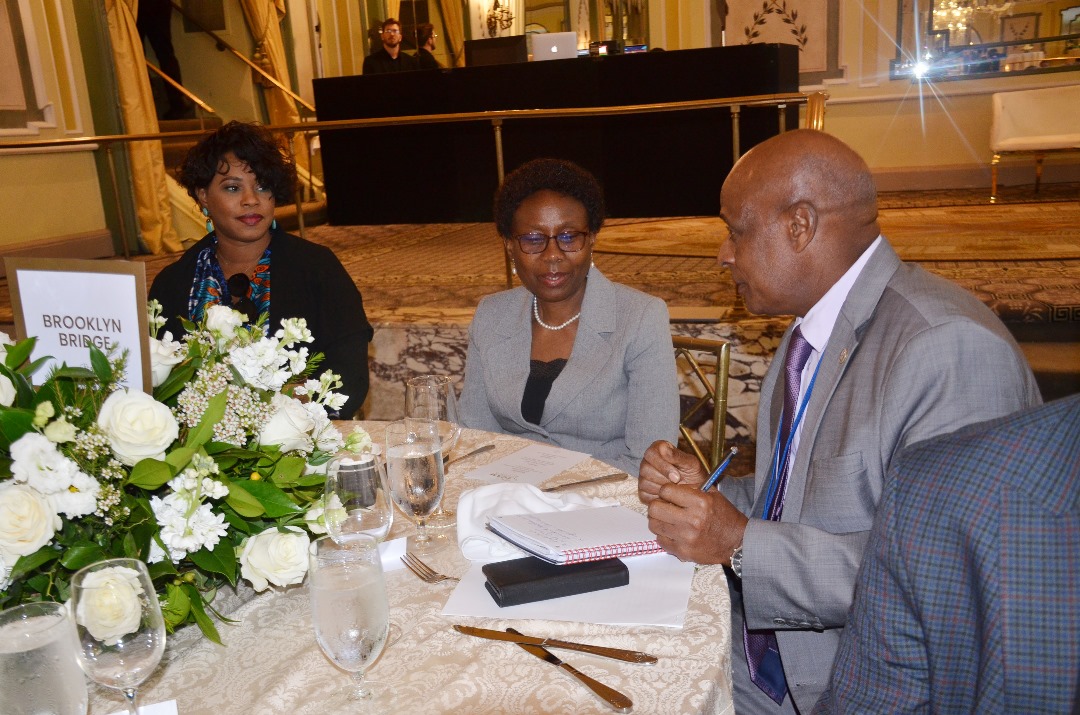
President Masisi underscored the pressing need for international cooperation in healthcare, noting that many African countries continue to grapple with critical health challenges. “Enhanced collaboration between African governments, the WHO, and development partners is vital to address the continent’s healthcare gaps,” Masisi said.
Prime Minister Nabbanja, speaking as a special guest at the 6th ECAM Council conference, highlighted Uganda’s achievements in aligning its development agenda with the United Nations’ Sustainable Development Goals (SDGs). She reiterated the necessity for development partners to support Africa’s efforts in health, education, and clean energy, adding that Uganda is committed to ensuring that “no one is left behind” in the pursuit of sustainable development.
“Development partners like ECAM play an essential role in supporting African countries to meet their health and education goals,” Nabbanja remarked. She lauded the ongoing efforts of ECAM and other international organizations to improve critical services on the continent, particularly in the healthcare sector.
Dr. Tedros Adhanom Ghebreyesus, Director-General of WHO, reassured African leaders of the United Nations’ dedication to strengthening the continent’s healthcare systems. “The WHO remains committed to supporting Africa in developing the capacity needed to manage health challenges effectively,” Dr. Ghebreyesus affirmed, signaling WHO’s readiness to work closely with African nations.
Kamel Ghiribi, Executive Chairman of the ECAM Council, encouraged African leaders to foster a shared vision and determination to meet their development goals. “African countries need the will and vision to achieve their objectives, and partnerships with organizations like ECAM are crucial to realizing this vision,” Ghiribi said.
Edward Mermelstein, New York City Commissioner for International Affairs, pledged the city’s cooperation with African countries, particularly in the field of climate adaptation. He noted that climate resilience is vital to Africa’s long-term health and economic stability.
The ECAM Council, a non-profit, non-partisan organization, aims to promote long-term partnerships in key sectors such as healthcare, education, infrastructure, and research. Its mission is to foster mutual understanding and collaboration between Europe, Africa, and the Middle East, with a focus on addressing critical global challenges.
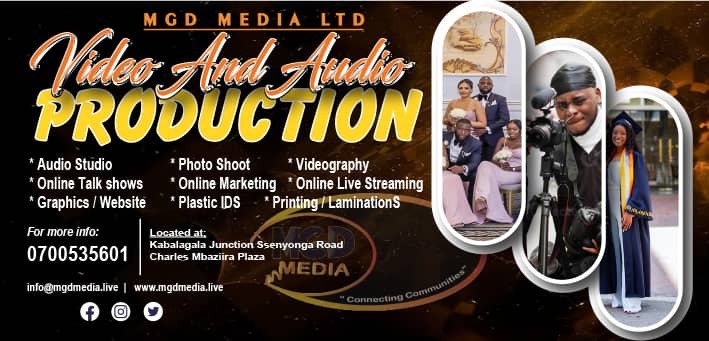
Prime Minister Nabbanja was joined by Uganda’s Health Minister, Dr. Jane Ruth Aceng, at the conference, further demonstrating Uganda’s commitment to benefiting from international health interventions and partnerships spearheaded by ECAM and WHO.
As African leaders look to the future, the strengthening of partnerships between the continent and global organizations like the WHO and ECAM will be pivotal in addressing Africa’s most urgent challenges. The collaboration promises to bring about meaningful progress in healthcare, education, and sustainable development, ultimately improving the quality of life for millions across Africa.
